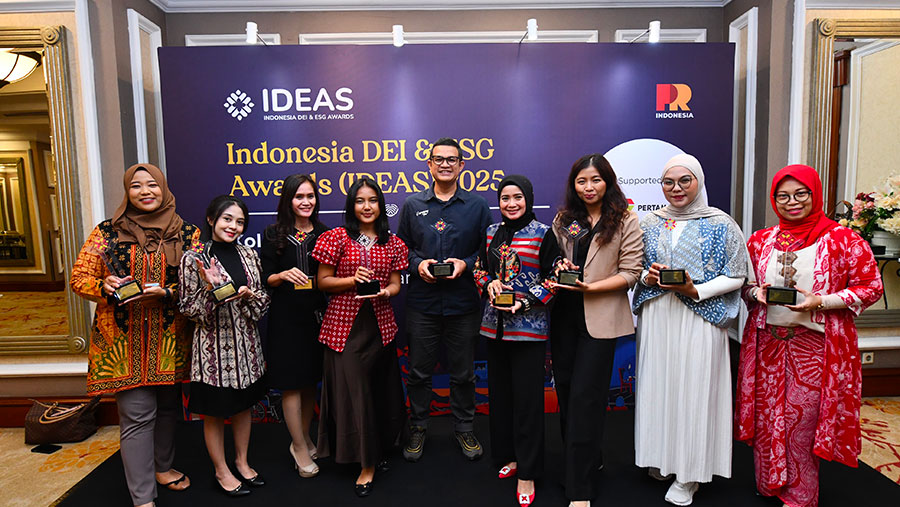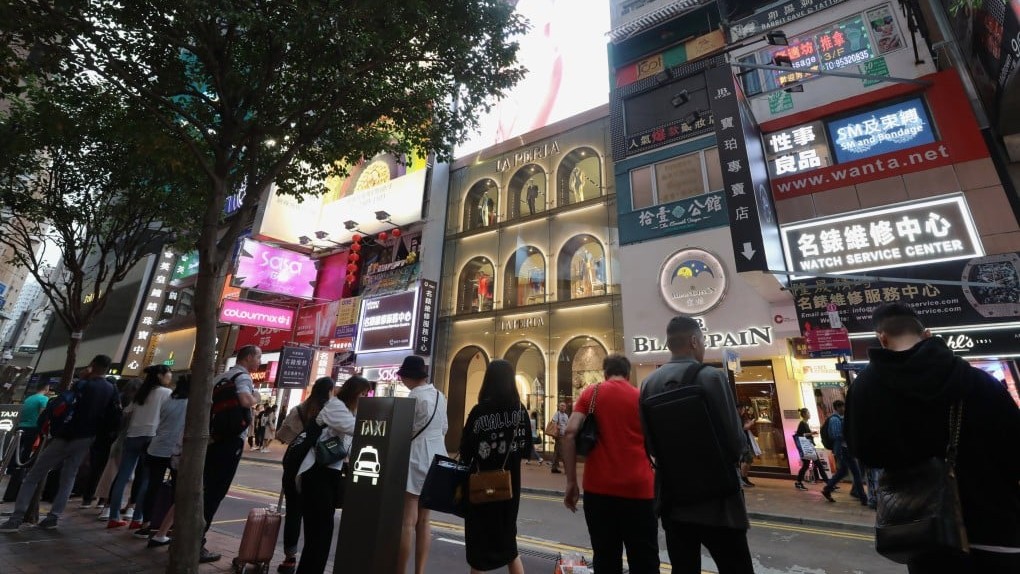In a historic move, Australia has passed a landmark law that prohibits children under the age of 16 from using social media. This legislation, hailed as the strictest in the world, received final approval from the Australian Parliament after intense debate, signaling the country’s commitment to safeguarding young people from the growing risks associated with online platforms. The ban is expected to take effect within the next 12 months, providing time for both social media companies and regulatory bodies to put the necessary safeguards in place. The law is part of an ongoing global conversation about the impact of social media on youth and the increasing need for regulation.
Prime Minister Anthony Albanese has strongly endorsed the measure, asserting that it is critical for the well-being of Australian children. He pointed to the harmful effects of social media, such as cyberbullying, addiction, and its negative impact on mental health, as key drivers of the government’s decision. “We want our kids to have a childhood and parents to know we have their backs,” Albanese said, reinforcing the government’s stance that this law will protect the younger generation from these dangers. Parent advocacy groups have widely supported the legislation, viewing it as a necessary step in shielding their children from the pressures and risks posed by online environments.
The law passed with a comfortable majority in the Australian Senate, receiving 34 votes in favor and 19 against. It was then quickly approved by the House of Representatives, confirming the government’s determination to move forward with the sweeping change. While the legislation marks a significant milestone in online safety, it has raised complex questions about implementation and its broader implications for privacy, social interaction, and digital rights.
One of the most debated aspects of the law is the absence of clear definitions regarding which platforms will be affected. Although the communications minister, Michelle Rowland, will make these decisions with the assistance of the eSafety Commissioner, it is expected that major social media networks such as Facebook, Instagram, Snapchat, TikTok, and X (formerly Twitter) will be included in the ban. However, platforms that do not require an account, such as YouTube, and messaging or gaming platforms will remain exempt.
The law relies heavily on age-verification technology to enforce the ban. Social media platforms will be required to implement their own age-verification systems to ensure compliance. These systems could include biometric methods or the use of identity information, although the government has not provided specific details on the exact technologies that will be tested. Critics argue that these measures could easily be bypassed, citing the widespread use of VPNs, which can mask a user’s location and make it appear as though they are accessing social media from a different country. This concern has sparked debate about the law’s efficacy and the potential for children to circumvent the restrictions.
Despite these challenges, the government insists that the responsibility lies with the platforms to uphold the law. No penalties will be imposed on children who attempt to bypass the restrictions, but the platforms themselves will face significant fines if they fail to comply with the regulations. Digital rights organizations have expressed concern about the potential for these age-verification systems to infringe on privacy, particularly if they rely on sensitive data such as biometrics. These groups have also warned that the law could push children into unregulated areas of the internet where they may be exposed to even greater dangers.
Polling suggests that the majority of Australian parents support the new law, feeling it provides them with a much-needed tool to protect their children from the addictive and potentially harmful nature of social media. Advocacy groups, such as the one led by Amy Friedlander, argue that parents have long been caught in an untenable situation, with social media becoming a pervasive force in their children’s lives. “For too long, parents have had this impossible choice between giving in and getting their child an addictive device or seeing their child isolated and feeling left out,” Friedlander said in an interview with the BBC.
Nevertheless, many experts have criticized the law as a “blunt instrument” that could do more harm than good. They argue that while the intention to protect children is valid, the ban may inadvertently drive children into less monitored spaces on the internet, where they could encounter even more serious risks. Some have even suggested that the legislation could backfire by pushing children to use less-regulated, anonymous platforms that are more difficult to monitor.
The reaction from tech companies has also been largely negative. Google, Meta, and Snap have all expressed concerns about the lack of clarity in the bill, particularly regarding the definition of a “social media platform” and the vague guidelines surrounding enforcement. TikTok, for example, has warned that the broad definition could apply to nearly every online service, which could make compliance overly complicated. X has questioned the law’s legality, arguing that it may conflict with international regulations and human rights treaties that Australia has signed.
Youth advocates have also raised concerns that the government has failed to involve young people in the debate about how best to regulate social media. The eSafety Youth Council, a group of young people who advise the eSafety Commissioner, has argued that young people’s voices are essential in shaping solutions to the problems posed by social media. “We understand we are vulnerable to the risks and negative impacts of social media,” the council wrote, “but we need to be involved in developing solutions.”
Despite these criticisms, Prime Minister Albanese has defended the legislation, likening it to the long-established ban on alcohol for minors. He acknowledged that no law is perfect, but reiterated that the government was doing what it believed was necessary to protect children. “We don’t argue that its implementation will be perfect, just like the alcohol ban for [children] under 18 doesn’t mean that someone under 18 never has access – but we know that it’s the right thing to do,” he said. As Australia moves forward with its unprecedented social media restrictions, the eyes of the world are on the country, with many other nations, including Norway and the UK, expressing interest in following suit.







